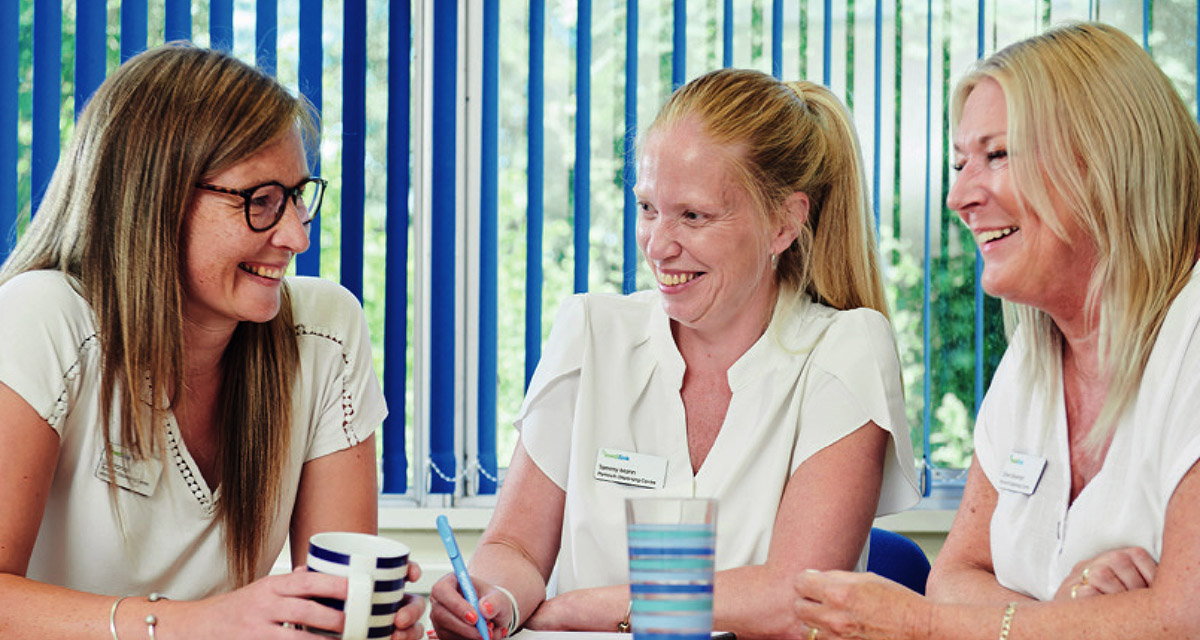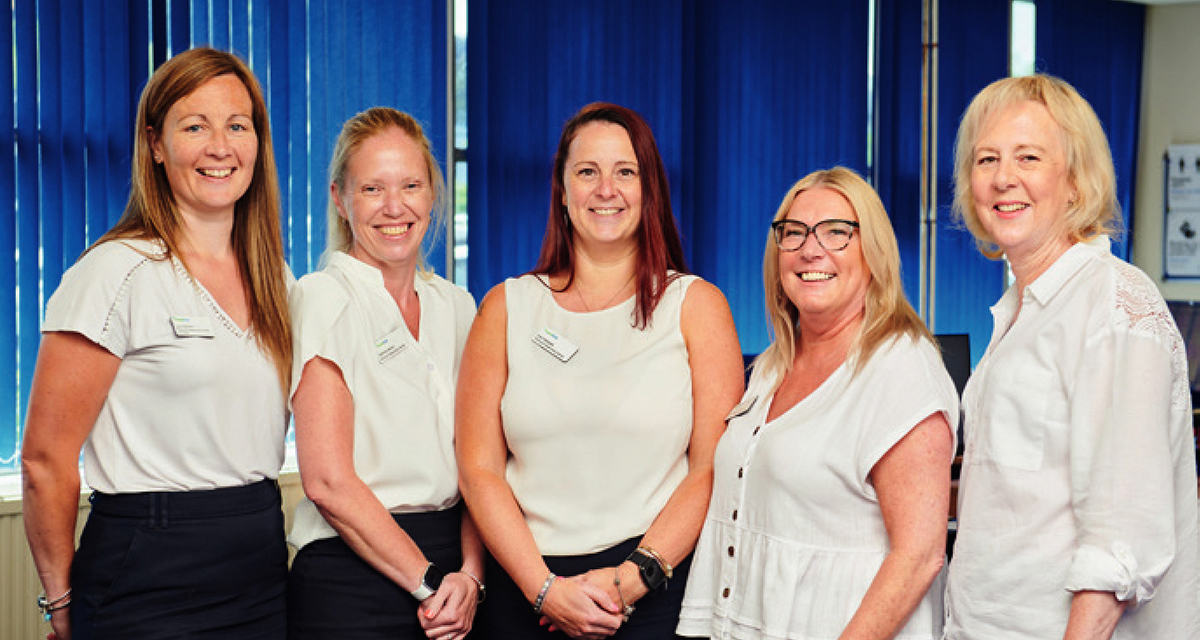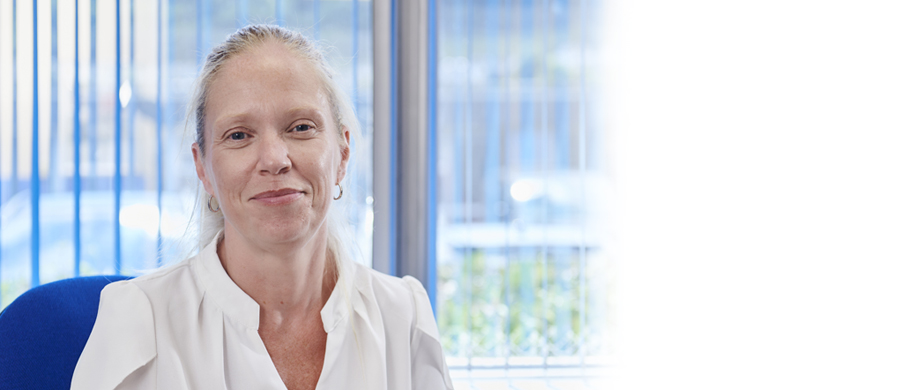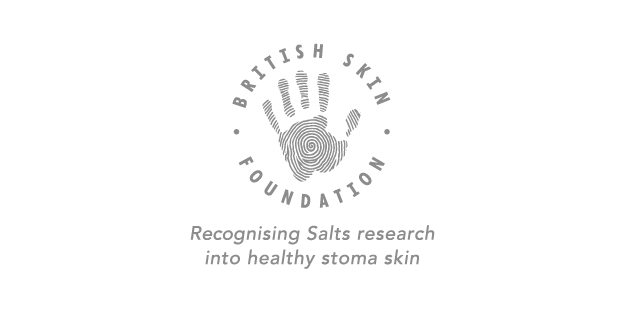Do you have any stories of how you’ve built special relationships with patients?
I’ve built lots of relationships with patients.
We are encouraged to talk to people, to make sure their health and wellbeing is good.
My patient journey is complete when I meet them and put a face to a voice at open days. Last year I spoke to a patient who was going on holiday but wasn’t prepared to take his top off. I encouraged him, telling him I wanted to wear a bikini on my trip. It turned out he did take his top off and I told him I had shown my bag for the first time too!
What are the biggest challenges that you and your patients face after surgery?
The first few months are the hardest, but it will get easier...
I tell them it does get easier and that’s because of the caring community around them made up of the nurses, the delivery company and their friends and family. Stress. They need to know that we can work with them, to ensure they get the service they need. We can take the stress out of many things for them. What to wear? They ask can you see the bag, is buying bigger sizes the answer. We have the knowledge and lots of advice from many other patients. Hearing about others is important to them. They also love the option of coloured bags.
How does Medilink® support the well-being of patients?
The main thing is communication. For example, with the patient’s consent, I’ve emailed an SCN on their behalf because they were worried about contacting the nurses. A nurse was then able to get in touch and the patient was really grateful to us for making contact.
We can also be a friendly ear to listen to their concerns. Patients know if they need anything, we’re just at the end of the phone. It makes the whole recovery journey a little bit easier.

How does Medilink® help to support the well-being of your local nurses?
There is a lot of trust between the nurses and Medilink®.
They know they can refer a patient to us, and we will take care of them, which offers the nurse peace of mind.
Personally, what does it mean to you to work at Medilink®?
It’s nice to feel you can talk and empathise with patients. I know they might be having a difficult time, but I can tell them I know things do get better. It’s reassuring for patients to know I am talking from my professional and personal perspective, as an expert and from the heart.
Why do you think the Medilink® service is important to patients?
It’s friendly, convenient, and quick. Even before I worked here, when I was a customer, I was so impressed with the service. Everyone was so nice! I used to recommend people to Medilink® even then!
How does Medilink® help to make patients’ lives easier?
We definitely offer our core values of care, choice, and convenience to patients 100%. We give choice and ensure it’s convenient for them. And everything we do is encircled with care; we are here to help.
We remove the stress obtaining their supplies: managing it all, including requesting the prescription from their GP.
It’s always nice when you speak to a patient after seven days at home or since the first call and hear in their voice that they have relaxed. Sometimes it’s like we’re a superhero on the end of the phone for them!
Has having an ileostomy yourself helped in your role at Medilink®?
Yes, for two reasons. Firstly, it’s helped me connect with patients. When I tell them I have an ileostomy, it reassures them.
It’s helped me to come to terms with having a bag and now I feel more comfortable talking about having a stoma.

What do your team members think about you being part of the family at Plymouth?
Lisa Harrison, Dispensing Centre Manager at Plymouth, said “Tammy has fabulous customer care skills but as someone with a stoma she has added an X factor. Listening to Tammy talk to patients about her personal experience gives us a whole new perspective and understanding of an ostomist’s journey.”
Tammy has another level of empathy that can’t be taught.
“Patients have said that hearing Tammy’s story has been a real comfort to them and helps them in many different ways. As colleagues we are able to ask Tammy personal questions that you wouldn’t feel comfortable asking a patient. This has helped further our knowledge and has given us a realistic insight into life with a stoma.”








